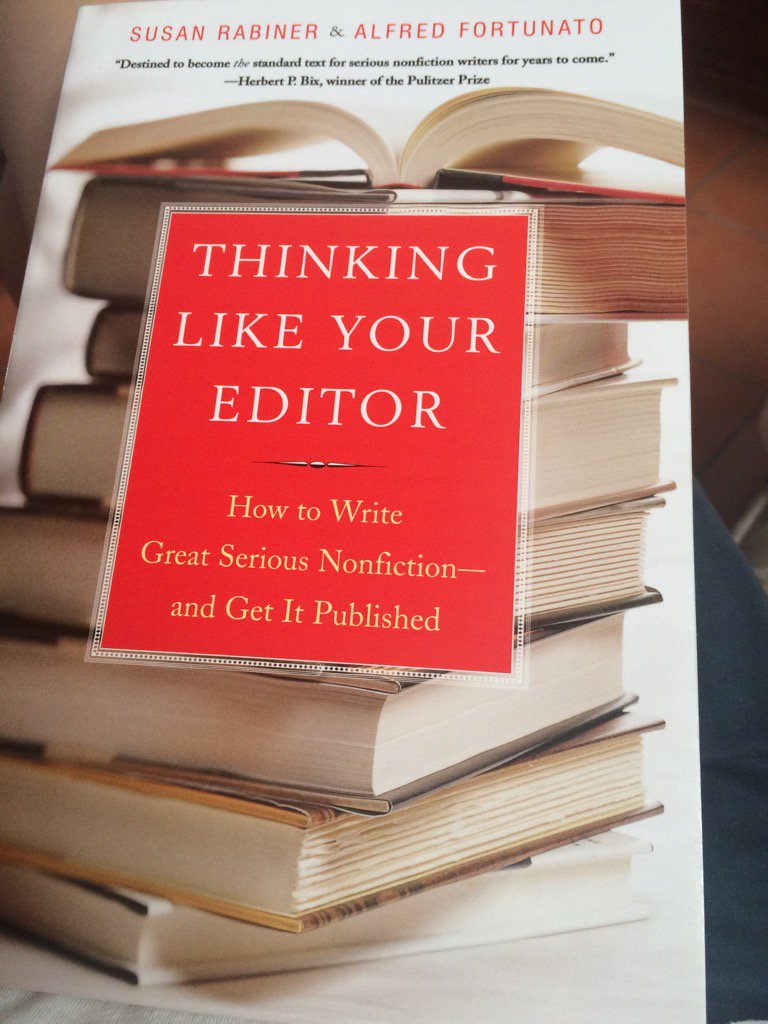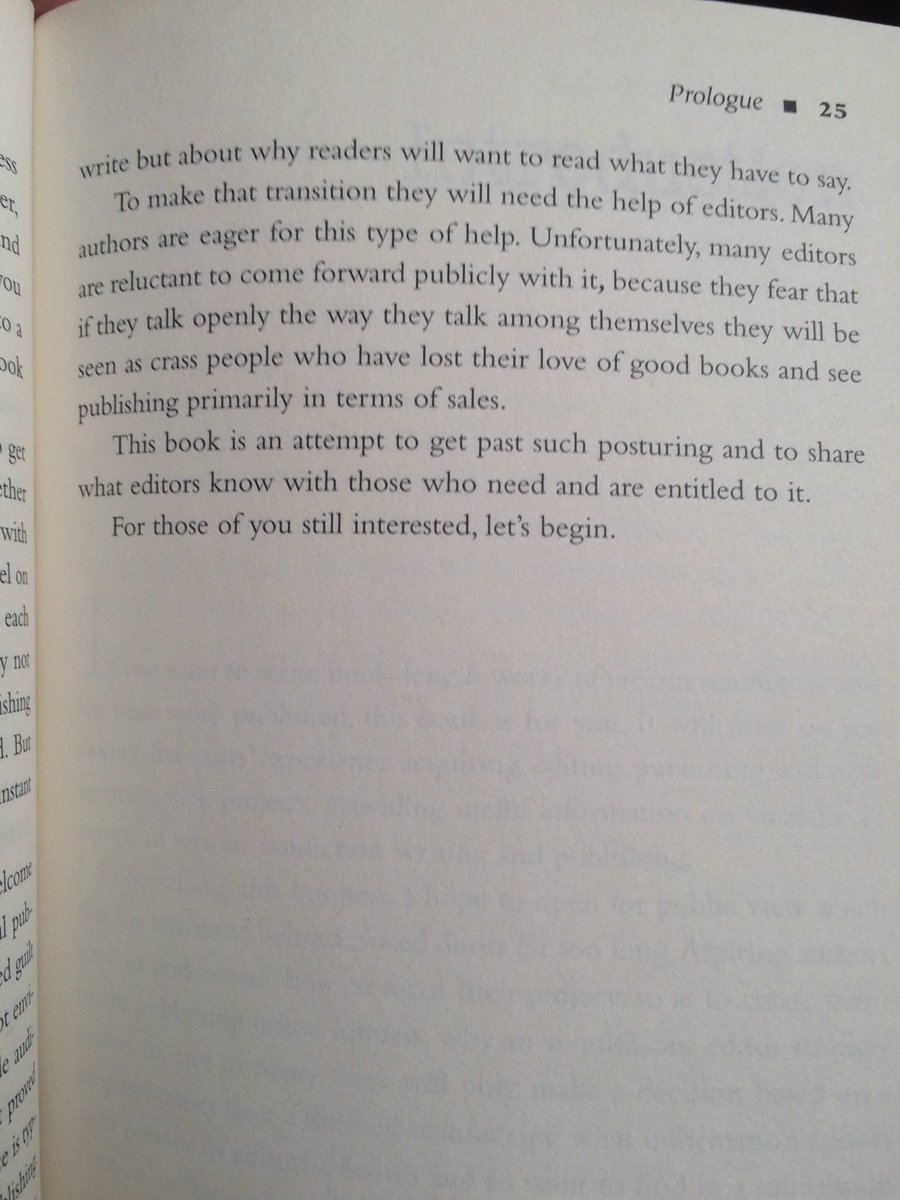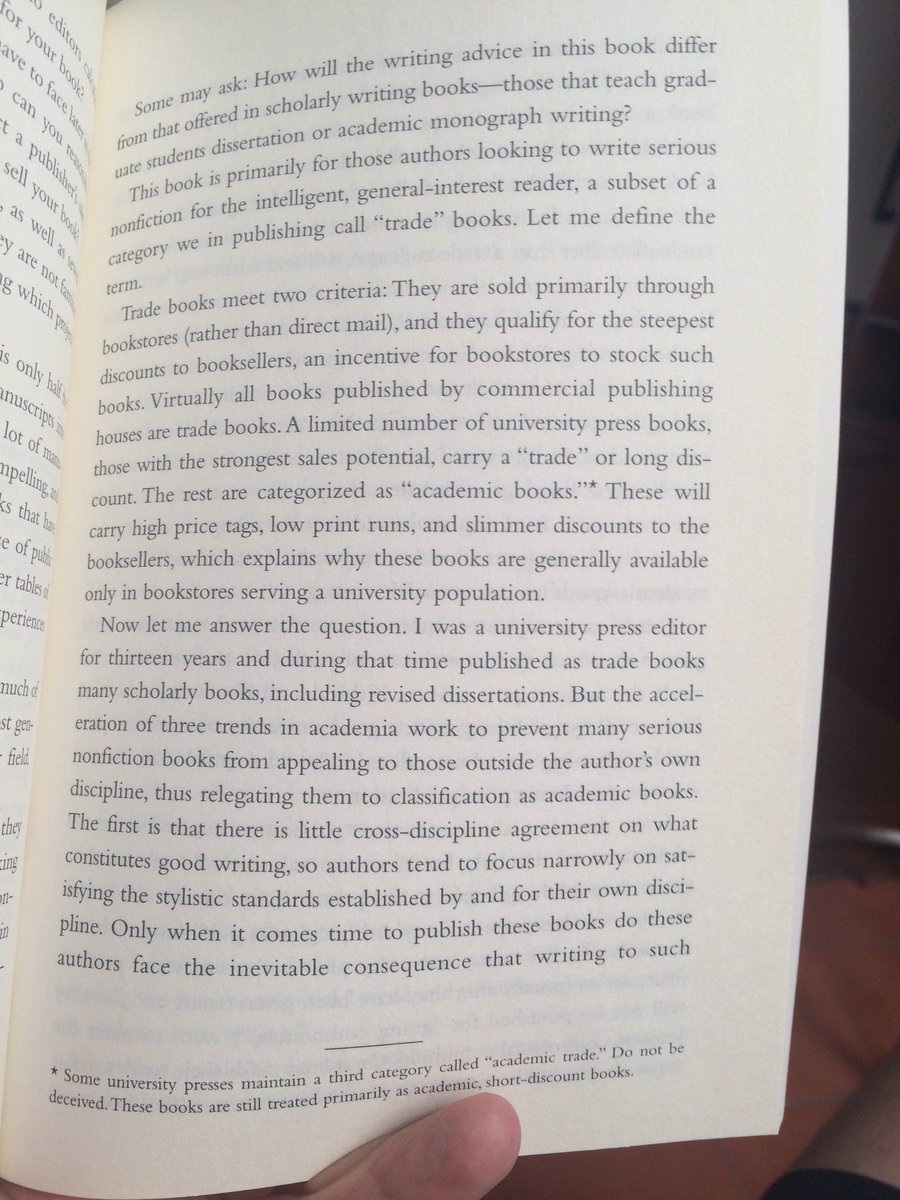People have asked me how write how I outline a paper. I use a couple of methods. First one is asking questions. 
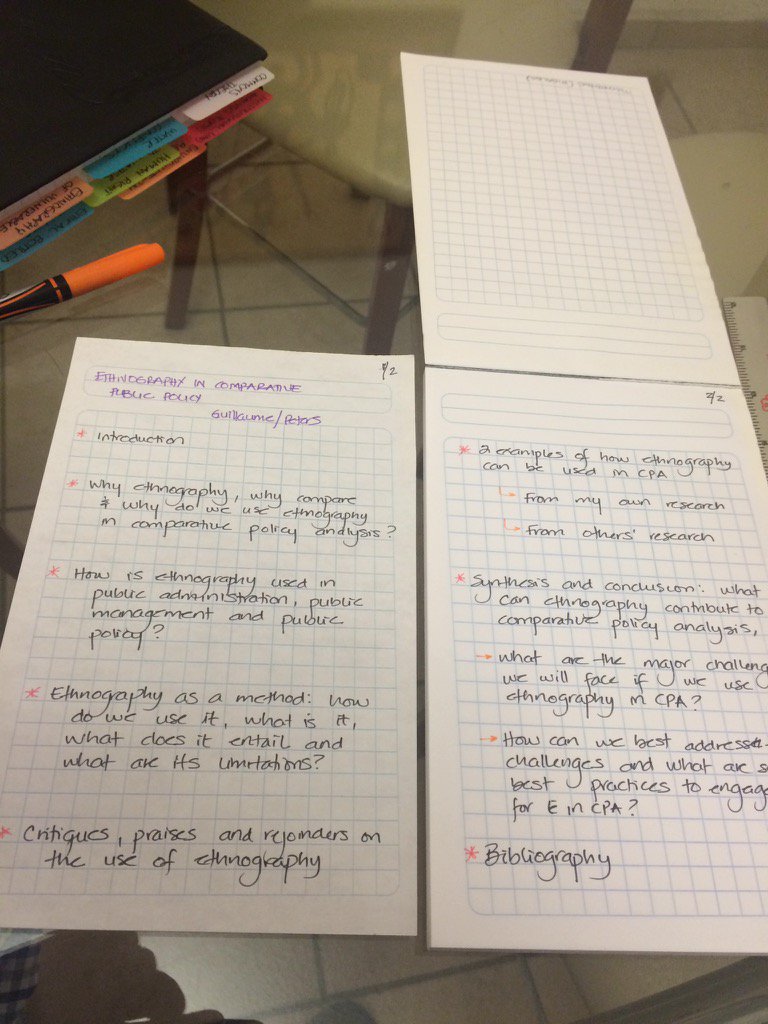
Note how the questions I ask may end up becoming sections of my chapter. Also, as I assemble my paper, I write memorandums for each one of these questions. raulpacheco.org/2016/04/8-tips… this process makes it easier for me to build the entire paper.
Another method is using the IMRAD approach (Introduction, Materials/Methods, Results, and Discussion) - this PDF has helpful suggestions on what goes in each section jpgmonline.com/documents/auth… Even when I do empirically-based papers, I find IMRAD somewhat hard to follow closely.
Even if you use the IBC model (Introduction, Body, Conclusion), you still need to follow a logical sequence of ideas - this handout is helpful crestmont.edu/pdf/candidates… (though I'm wary of following formulae that end up being too rigid).
Something that helps a lot see if your paper is properly written is to do a Reverse Outline (@explorstyle) - Post-Outline (@WendyLBelcher) process - explorationsofstyle.com/2011/02/09/rev… Dr Cayley and Dr. Belcher both have written on how to do post-outline revisions. Full paper-to-outline.
As I finish 2 coauthored R&Rs, I'm also spending time writing my #ISA2018 paper. It's one that I am struggling with, because I am actually not sure what I want to say in the paper, what the main argument will be. I'll share that outline in this thread once it's done. </thread>
Continuation of thread on paper outlines. I created "word salad" foe my #ISA2018 paper and asked for feedback from @rznagle @kmoneill2530
Armed with printed version of @rznagle @kmoneill2530 emails offering feedback, I re-thought my outline, fleshed out a few ideas. 
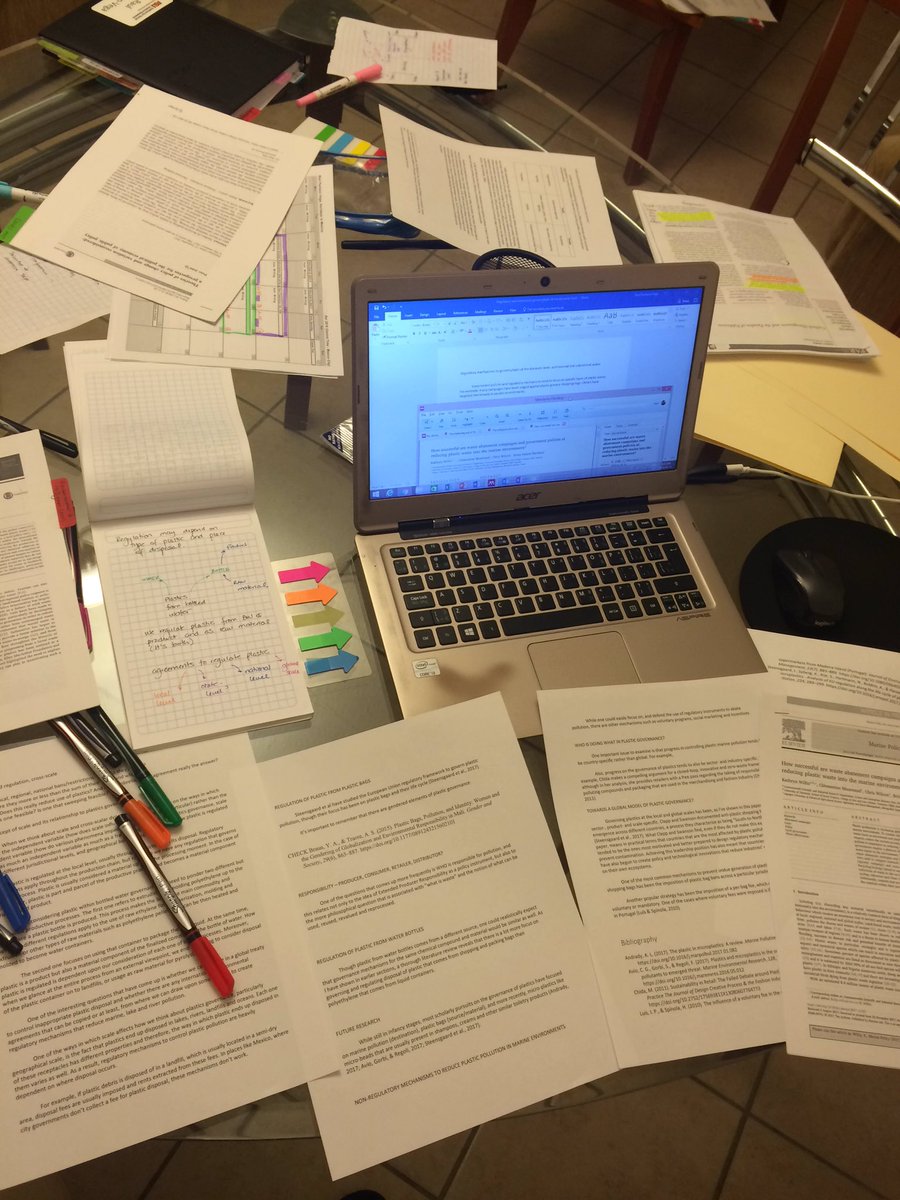
Note how I keep my mind map (also known as conceptual map) handy - my mind map already integrates ideas that @rznagle @kmoneill2530 suggest
Even if not fully fleshed out, I can now build a logical, sequential argument/analysis of plastic regulation across scales and media. 
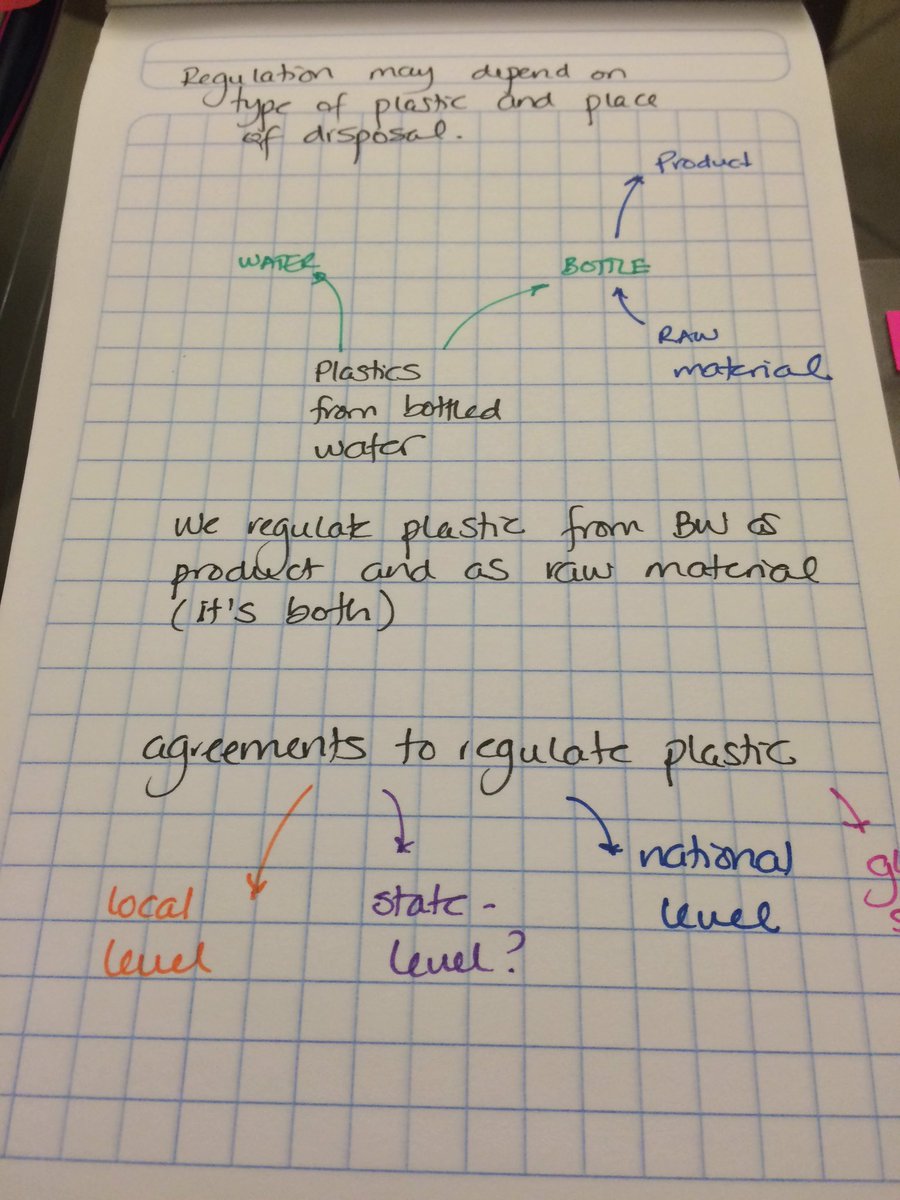
Side note: this is the first time I've live-tweeted how I write a paper, step-by-step. Bear with the typos and multiple-days-thread ☺️
Continuation of my "outlines" thread: I have mentioned how I use the Questions Method to create an outline. I also use it to prompt my #AcWri - here are two questions I'm working on for my publicness paper 
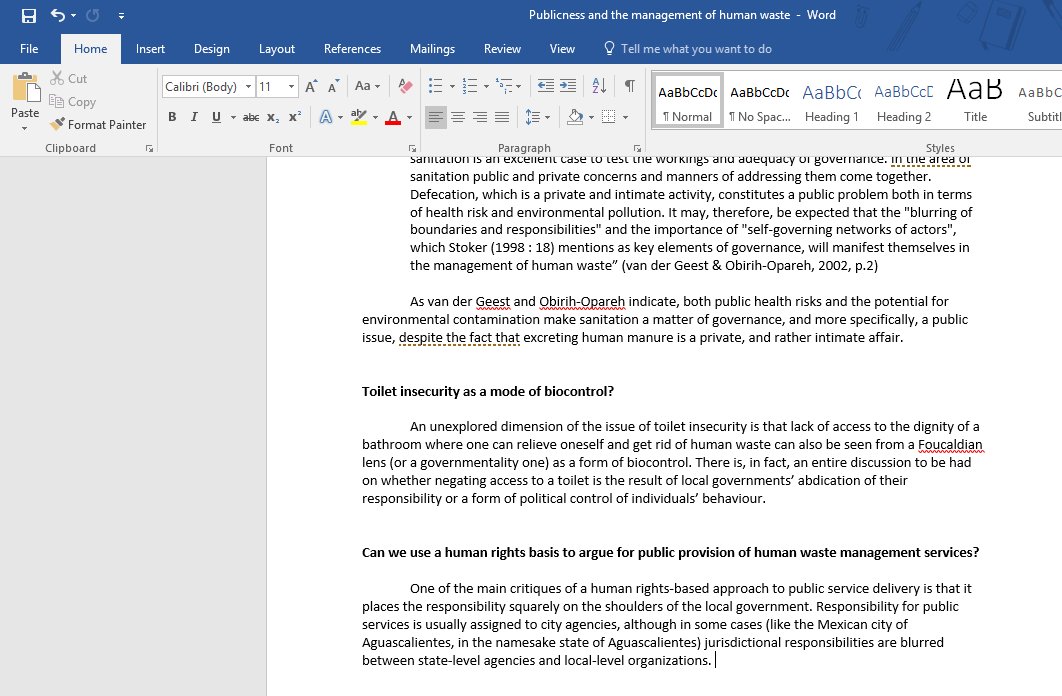
Note that each question could be a separate memorandum raulpacheco.org/2016/07/writin… BUT I just realized these were questions that I could answer in the paper BECAUSE I was writing a memo on a related topic (how sanitation is a public issue). Still, worth answering those questions.
Continuation of my "outlines" thread, and a bit on topic sentences. Note how I basically throw "word salad" in the form of "topic sentences" (also, I cite @chelseawald too!) 
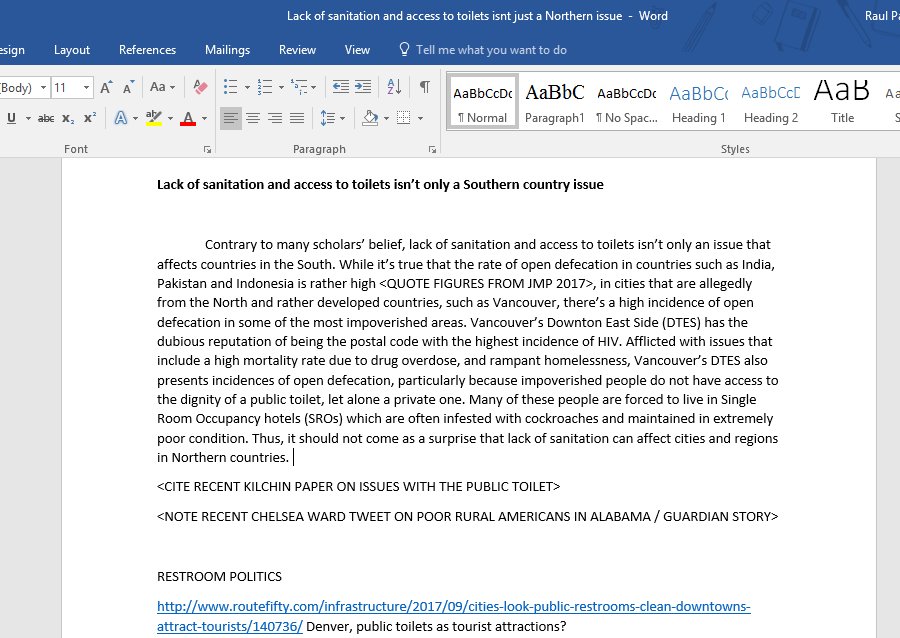
One thing I also do is to write topic sentences that link concepts with the literature (and citations associated with them). Notice how I link my own work with that of @ColinMcFarlane3 and @maliniranga (we all have written on informality in water and sanitation). 
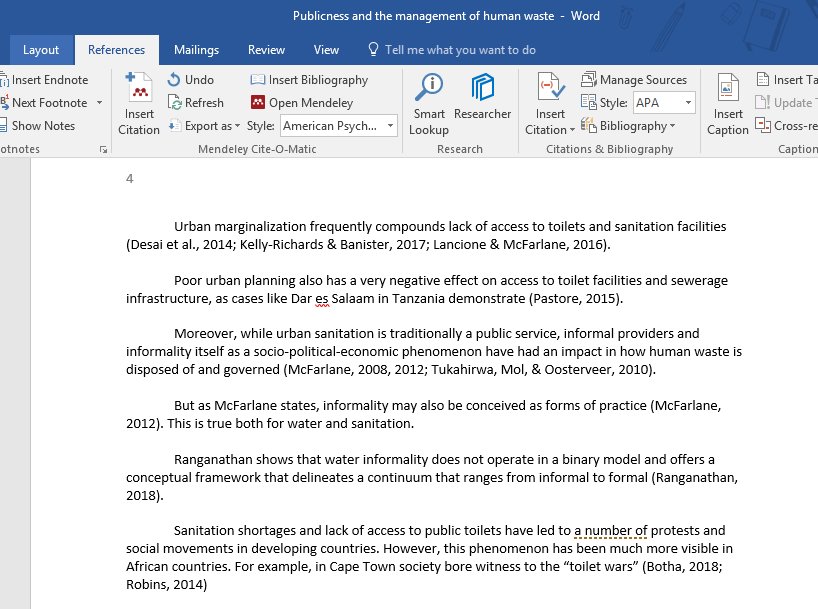
When I feel "stuck" with my #AcWri I write topic sentences that can then form entire paragraphs raulpacheco.org/2015/04/my-acw… I set my goals in terms of paragraphs filled and sentences written raulpacheco.org/2017/12/a-diff…
And if you need a push - Five strategies to get your academic writing “unstuck” buff.ly/1T10fXH via @LSEImpactBlog
• • •
Missing some Tweet in this thread? You can try to
force a refresh


